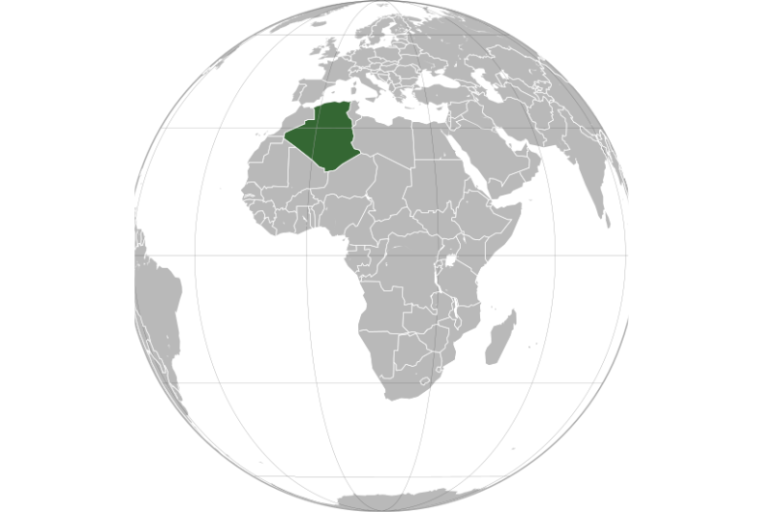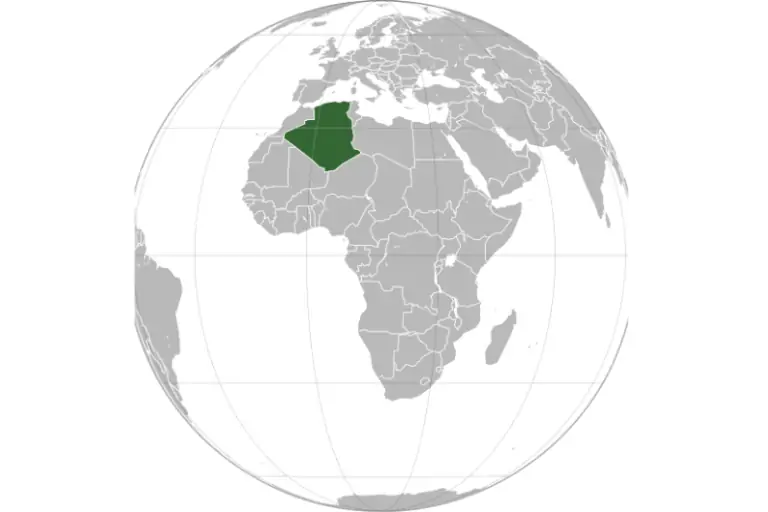

africas 05 largest countries in terms of land mass
Today, Africa is the world’s second largest and second most populous continent, after Asia in both cases. Africa’s total surface area exceeds 11,724,000 square miles (30,365,000 square km), which represents about one fifth of the Earth’s total surface area.
Africa is almost evenly bisected by the equator, so most of the continent is in the tropics.
The second biggest continent on the planet, Africa is home to 54 recognised countries, each contributing to the beauty of the continent’s size.
But a select few nations attract attention for the sheer scale of their landmass, and influence the course of regional and global affairs. From scorching deserts to dense rainforests, towering mountains to endless plains, Africa has it all, a true showcase of its geographical richness.
Located in North Africa between Morocco and Tunisia, Algeria is the largest country in Africa, with over 80% of its territory desert. Algeria, which dominates the North African landscape, is characterised by a wide variety of landscapes, including the Sahara desert, mountains and a Mediterranean coastline.
The Democratic Republic of Congo is located in the heart of Central Africa, and is the second largest country on the continent. Located in the heart of Central Africa, the Democratic Republic of Congo is the continent’s second largest country. Its land mass stretches across dense tropical forests, the Congo River basin and the vast Central African savannah.
Situated in north-east Africa, Sudan is the third largest country on the continent. Its vast territory encompasses a variety of landscapes, including the River Nile, deserts, mountains and savannahs.
Located in North Africa, Libya is the fourth largest country on the continent. It is characterised by vast stretches of desert, including a significant part of the Sahara, as well as coastal regions along the Mediterranean Sea. At 1,770 kilometres, Libya’s coastline is the longest of any African country bordering the Mediterranean. The size of the country’s landmass has influenced its economy, which has historically been based on oil resources.
The country of Chad, the fifth largest in Africa, is landlocked at the crossroads of North and Central Africa. Its diverse landscape includes the Sahara desert to the north, the Sahel region and the fertile Lake Chad basin to the south-west. The country’s large surface area plays a crucial role in its economic activities, such as agriculture and oil production.
Canadian companies have expanded their presence as major African mining stakeholders and invested more than $37 billion. Africa holds the…
The South African government wants people to plant one million trees across the nation within a single day on September…
The government's statistics regulator showed that South African inflation stayed at 3.2% during February and rose below the projected 3.3%.…
Keywords: Cape Town, African Energy Chamber, Africa, The 2025 African Energy Week (AEW) will host the top energy leaders from…
Recent research shows that Professor Abdessamad Faik believes Africa is at an important energy choice point as renewable-powered hydrogen allows…
The United States plans to shut down its Johannesburg consulate after Sandton Drive gets renamed to Leila Khaled Drive even…
This website uses cookies.